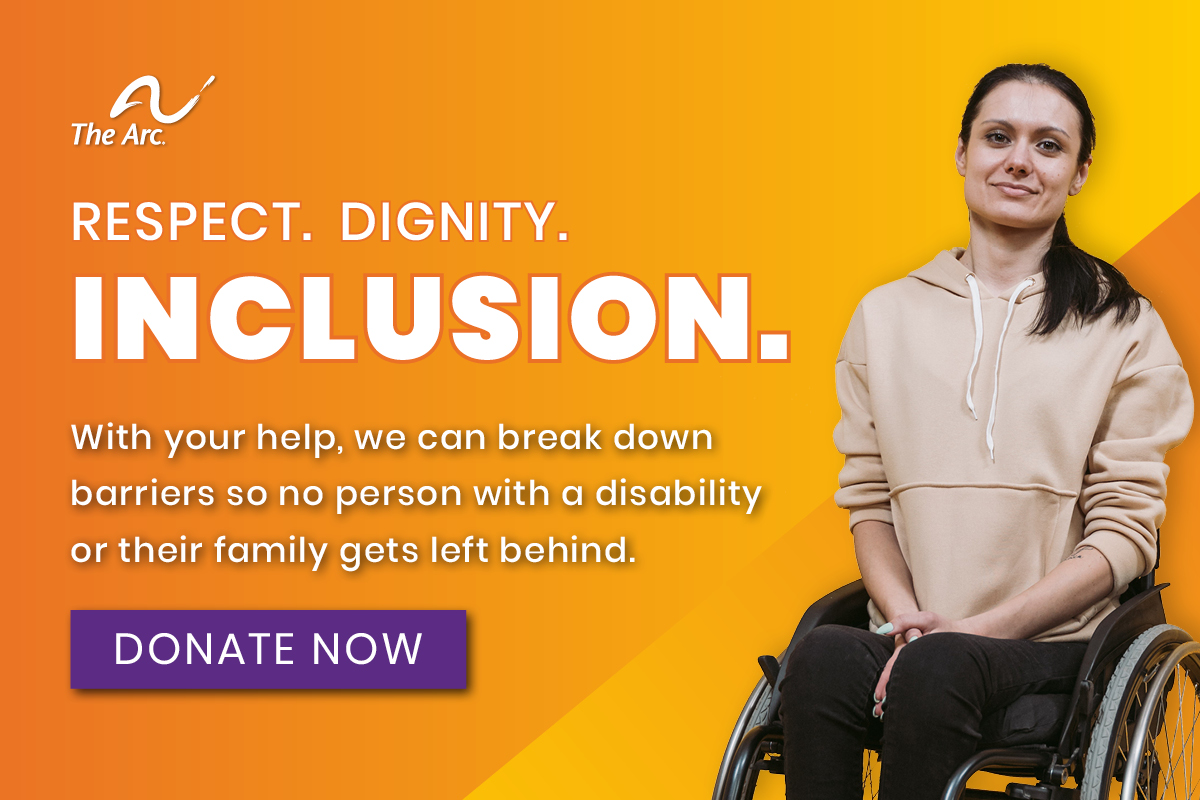What is supported employment?
Supported employment is defined as competitive employment in integrated settings with support. Key
characteristics of supported employment include:
Paid employment – Individuals in supported employment are paid the same wages and benefits as other
employees performing similar work. Individuals are paid directly by their employer.
Integrated work environment – Individuals in supported employment work in jobs in typical work
environments alongside co-workers without disabilities. Individuals have the opportunity to participate fully
in the activities of the workplace along with other co-workers.
Ongoing support – Individuals in supported employment may receive as much or as little support needed to
successfully perform the job. Supports may be provided by a job coach or other employment professional or
naturally by co-workers, supervisor and others typically in the workplace. Supports may be provided on the
job or off-site. They are customized to meet the needs of the individual as well as the employer.
For individuals with autism spectrum disorders, the process of obtaining supported employment includes two key steps:
Individualized career planning or discovery – This is a process of exploration that helps to identify the
individual’s dreams and goals, interest and preferences and skills as well as support needs.
Individualized job development – Job opportunities are identified that are consistent with the individual’s
career plan. Job opportunities may be typical jobs identified by employers, or they may be customized
positions that are negotiated with employers to meet their needs and create a good match with an
individual’s unique skill set.
Once an individual accepts a job, a plan for supports should be developed that will meet both the needs of the
individual and the employer. Because supports are individualized, they can be customized to meet the unique
social, communication and behavioral issues often faced by individuals with autism spectrum disorders.
Whenever possible, the job coach or employment professional should work with the employer to use naturally
existing supports in the work place. These supports may be supplemented by paid support from a job coach. In
addition, the employment specialist may serve as a consultant to the employer, helping the employer to work
directly with the individual.



